Psychedelics Increase Fractal Dimension
In the field of psychedelic research, these fascinating substances have become a tool for investiting the neural mechanisms underlying consciousness. One measure of how psychedelics "alter" consciousness has been observed through entropy, order, as it has been observed that psychedelics increase the level of entropy in key areas and networks in the brain. According to the entropic brain theory (EBT) consciousness emerges when the brain is near a critical tipping point between order and chaos. With a sedated state having lower entropy than normal waking consciousness and psychedelics increasing entropy beyond normal waking conciousness. Thus the mind-expanding elements of the psychedelic experience are caused by the brain moving closer to that critical transition point. For more more about this, check out my previous post on the entropic brain theory (EBT).
In this recent publication, however, a novel tool was implemented for this research, fractal dimension of functional activity. To put it simply, fractal dimension is a measure of complexity, and physics research has shown that as a system organizes towards criticality, it tends to take on a fractal structure. If you aren't familiar with the term fractal, this is a non-regular geometric shape that has the same degree of non-regularity on all scales. Fractals can be thought of as never-ending patterns. It's easier to visualize than explain so swipe for a great example.
In this study, the researchers used fMRI to measure fractal dimension while participants were under the influenced of either LSD or psilocybin. Under both psychedelics, the researchers observed significant increases in fractal dimension, particularly in spatial and temporal domains of cortical brain activity, brain areas assigned to the dorsal-attention network. The authors argue that this is an indicator that the changes in consciousness triggered by psychedelics are associated with evolution towards a critical zone, thus providing further evidence for the entropic brain theory.
